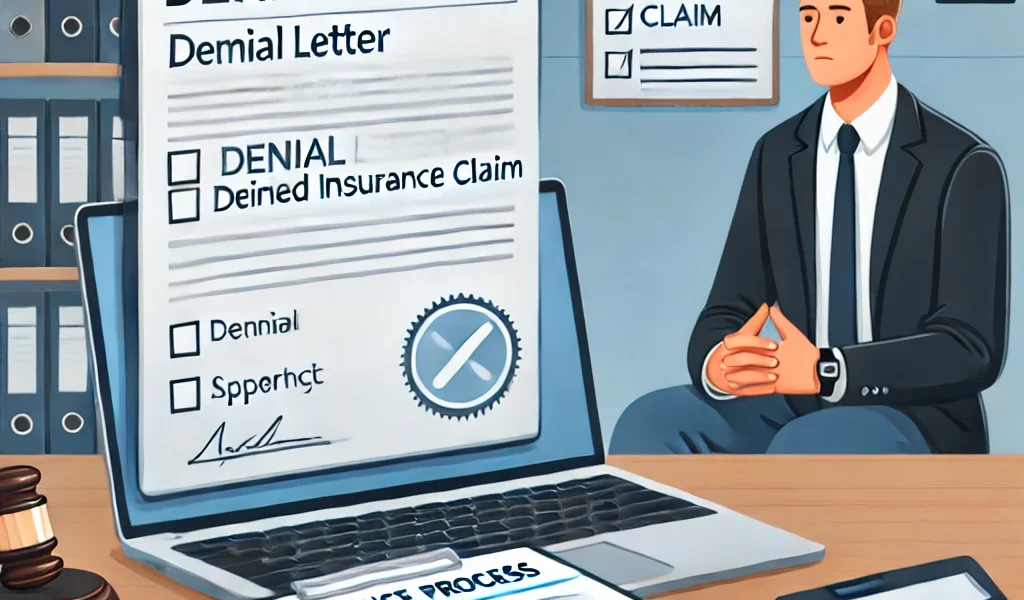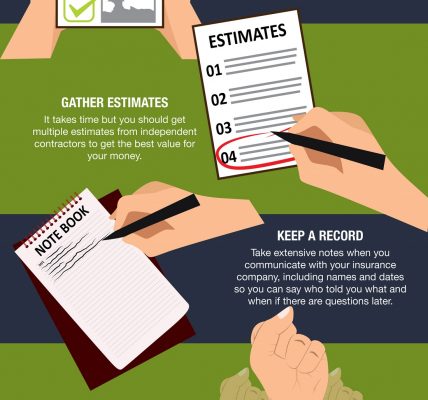Filing an insurance claim is meant to provide financial relief during challenging times, but what happens when your claim is denied? While a denial can be frustrating, you still have the right to appeal. Understanding the reasons behind a denied claim and knowing how to navigate the appeals process can increase your chances of getting the claim approved. Here’s a step-by-step guide to help you appeal a denied insurance claim effectively.
1. Understand Why Your Claim Was Denied
Before appealing, it’s essential to understand the reason for the denial. Common reasons include:
- Incomplete or incorrect information in the claim
- Lack of coverage for the specific loss under your policy
- Missed deadlines for claim submission
- Insufficient documentation to support the claim
- Policy exclusions that apply to your situation
Tip: Review the denial letter from your insurer carefully, as it will provide specific reasons for the decision.
2. Review Your Insurance Policy
Check your insurance policy to confirm your coverage details. Look for:
- The exact coverage limits and exclusions
- The claims process and required documentation
- The appeals process outlined in the policy
Tip: If any terms seem unclear, reach out to your insurance agent for clarification.
3. Gather Supporting Documents
To strengthen your appeal, gather all relevant documents, such as:
- The original claim form and denial letter
- Photos or videos of damages (if applicable)
- Medical reports (for health claims)
- Repair estimates or invoices
- Police reports (if required for auto or home insurance claims)
Tip: Keep copies of all documents for your records.
4. Write a Formal Appeal Letter
A well-structured appeal letter should include:
- Your policy number and claim reference number
- A clear explanation of why you believe the denial was incorrect
- Supporting evidence, such as documentation and expert opinions
- A request for reconsideration
Tip: Keep your letter professional and concise while emphasizing key details.
5. Submit Your Appeal on Time
Most insurance companies have a deadline for filing appeals. Submit your appeal letter along with supporting documents within the specified timeframe to avoid automatic rejection.
Tip: Send your appeal via certified mail or email to ensure it reaches the insurer.
6. Follow Up Regularly
Insurance companies handle multiple claims, so it’s essential to follow up on your appeal’s status.
- Call or email your insurance representative periodically
- Ask for updates and estimated processing times
- Maintain a record of all communications
Tip: Stay patient and persistent, but always remain professional in your interactions.
7. Seek Professional Assistance if Needed
If your appeal is still denied, consider seeking help from:
- A public insurance adjuster for claim disputes
- A lawyer specializing in insurance claims
- A state insurance department or consumer protection agency
Tip: Professional assistance can increase your chances of claim approval, especially for complex cases.
Final Thoughts
A denied insurance claim is not the end of the road. By understanding the reasons for denial, gathering strong evidence, and following the proper appeals process, you can improve your chances of reversing the decision. Stay organized, proactive, and persistent to ensure you receive the financial support you deserve.



